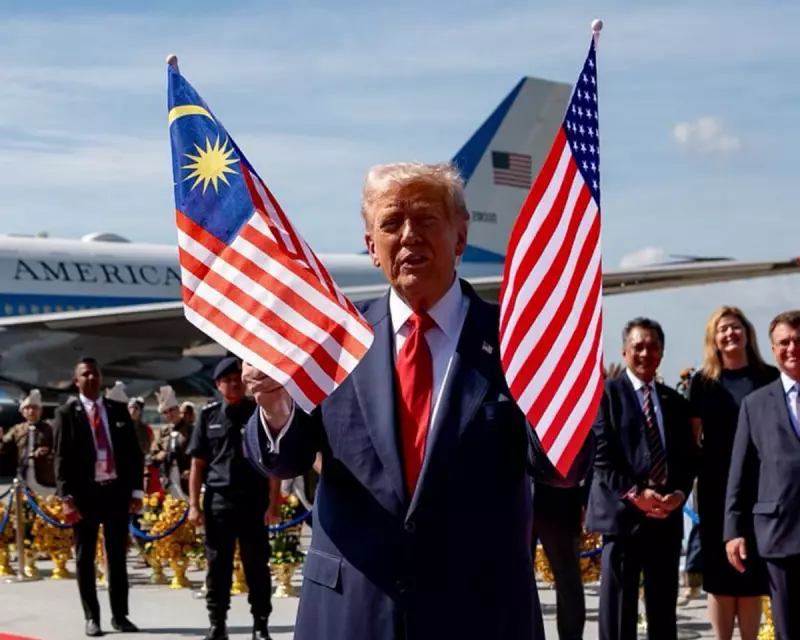
Malaysian ministers have mounted a vigorous defence of their newly struck trade arrangement with former US President Donald Trump, pushing back against what they term "misguided" criticism from political opponents and economic analysts.
Economic Benefits Take Centre Stage
Senior government figures in Kuala Lumpur have emphasised the agreement's potential to significantly boost Malaysia's export economy, particularly for key commodities like palm oil and electronics. Trade Minister Azmin Ali stated the deal represents "a new chapter" in US-Malaysia economic cooperation that could create thousands of jobs and attract substantial foreign investment.
Addressing the Controversy Head-On
The defence comes amid mounting questions about the agreement's transparency and potential environmental implications. Critics have raised concerns about whether the deal adequately addresses sustainable development goals and labour standards.
"We have ensured this agreement meets international standards while protecting Malaysia's economic interests," Minister Azmin told reporters, adding that the government conducted extensive consultations with industry stakeholders throughout negotiations.
Strategic Positioning in Southeast Asia
Analysts suggest the agreement positions Malaysia advantageously within the competitive Southeast Asian economic landscape. The deal potentially offers Malaysian businesses preferential access to American markets at a time when global supply chains are undergoing significant realignment.
Government spokespeople highlighted several key advantages the agreement provides:
- Reduced tariffs on manufactured goods and agricultural products
- Enhanced intellectual property protections
- Streamlined regulatory processes for cross-border trade
- Improved market access for service industries
Regional Implications and Responses
The agreement has drawn mixed reactions from neighbouring countries, with some expressing concern about potential market disruption while others see it as setting a new benchmark for US engagement in the region. The Malaysian government has been quick to reassure regional partners that the deal complements rather than undermines existing ASEAN economic frameworks.
Looking ahead, implementation of the agreement's provisions will be closely watched by international trade observers, with many seeing it as a test case for future US trade policy direction under a potential Trump administration.





